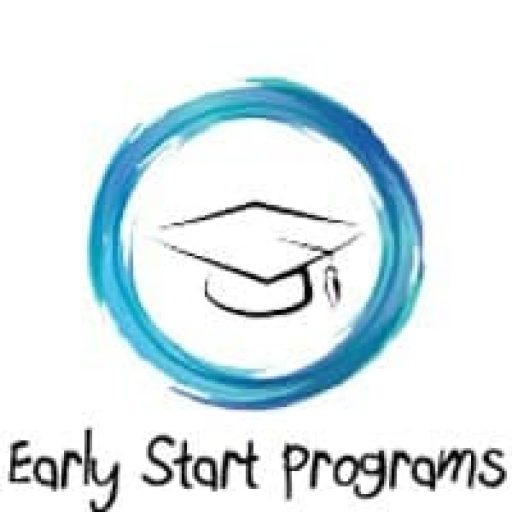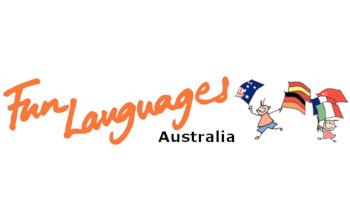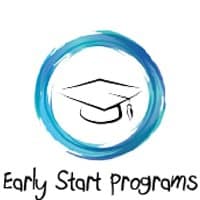THE POWER OF MUSIC IN EARLY CHILDHOOD DEVELOPMENT
The power of music is almost magical – it comes to us so instinctively and it is part of our lives from when we are born until we die. Even those with hearing disabilities can still feel music and benefit from its power to soothe, relax, inspire, lift moods and teach just about anything.
HUMAN INSTINCT AND THE BENEFITS OF MUSIC
Parents start using music to soothe children from the moment they first hold their babies, either through a lullaby or even just humming. Exposing toddlers to different music genres help create more pathways between brain cells, increasing sensory development in a similar way to being exposed to tastes, textures and colours. When paired with dancing, this is increased even more, as they also develop balance, strength and motor skills.
The University of Queensland is currently conducting research which is demonstrating that “children who experience early shared music activities during infancy and early childhood score better than their peers in vocabulary, numeracy, attentional and emotional regulation and pro-social skills,” says UQ School of Music Head Professor Margaret Barret.
MUSIC IN EARLY CHILDHOOD EDUCATION SETTINGS
When children attend early learning services, music often becomes an even greater part of their daily activities, as educators use music to keep children engaged and to help them learn through repetition. Music and nursery rhymes teach children to recognise patterns which helps them to build the base for literacy and numeracy skill development.
Through music, children are also able to expand their vocabulary, even though at first, they might not understand the words in a song. Through story-telling in music, children really engage and as most nursery rhymes have accompanying dance moves, children start linking words and sounds to specific actions, learning new words and their meanings all while developing motor skills and hand-eye coordination.
Educators often use music when transitioning to help children develop an understanding of routine, which fosters their sense of belonging and helps improve self-confidence.
THE BENEFITS OF MUSIC AND MOVEMENT LESSONS
Some early education services take music even further, offering music and movement sessions, where children learn about rhythm, tempo, pitch and other music concepts, as well as valuable life skills like self-regulation, turn-taking, motor skills and communication.
In these sessions, children are given an opportunity to be creative, express themselves and create social bonds while having fun.
This early introduction to a fun music learning environment allows children to explore their abilities and encourage interest in different instruments, which might lead them to learn to play an instrument later in life, which, according to Jessica Grahn, cognitive scientist at the University of Western Ontario, has been linked to higher IQs and academic and professional success in adults.
A CONVENIENT SOLUTION FOR EARLY LEARNING SERVICES
Early Start Programs offer extracurricular activities as incursion programs at early childhood education centres. This is a convenient solution for approved providers and nominated supervisors to offer an enhanced learning environment with unique experiences for children to develop and strengthen skills that prepare them not only for school, but also for life. Early Start Programs’ managers are responsible for scheduling, staffing, Working with Children checks and all logistics, so directors’ and approved providers’ workloads stay the same.
Apart from music and movement programs, Early Start Programs also provide sports, fitness, yoga and foreign language programs, which were designed in line with the Early Years Learning Framework and supports the National Quality Standards. For more information, contact us today!




